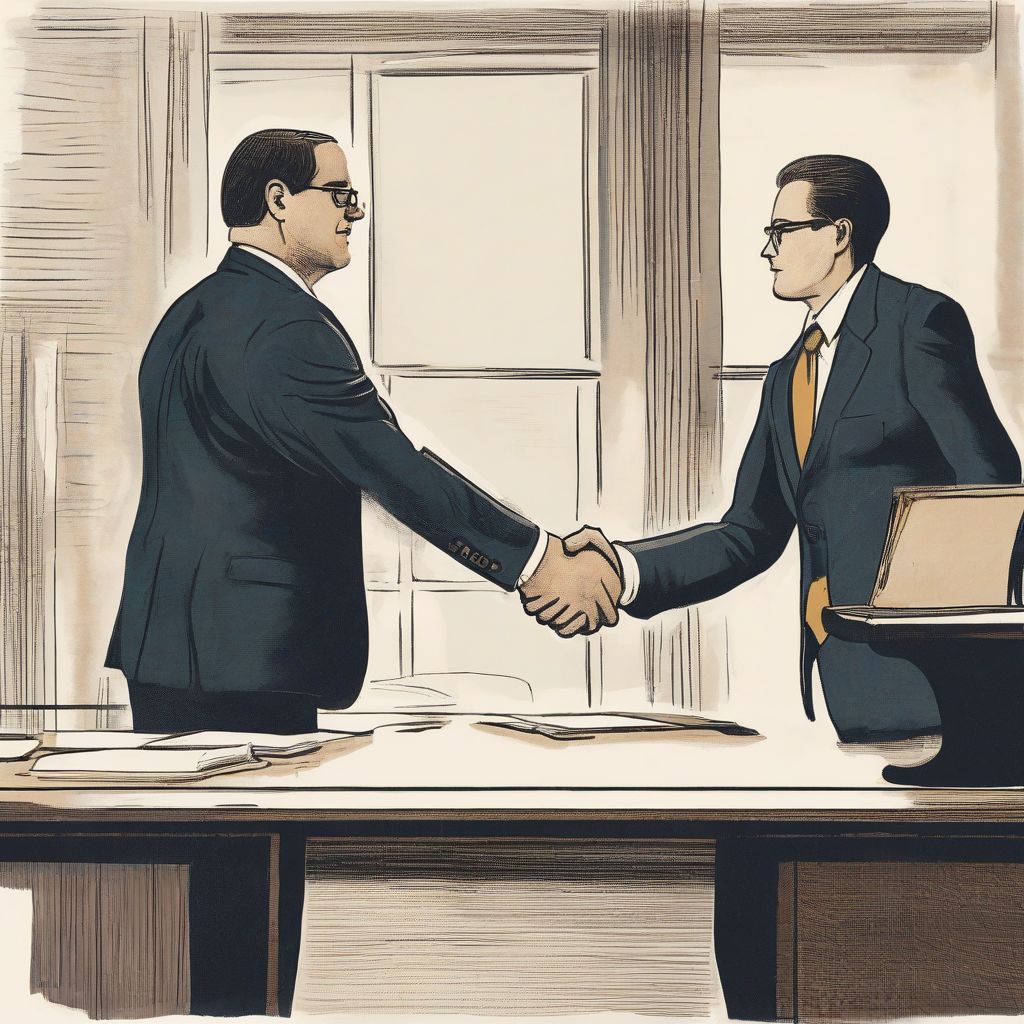Imagine this: you’ve been wronged. Maybe you were injured in an accident, or a contract was broken. You know you need legal help, so you reach out to an attorney, hopeful and maybe a little bit anxious. Then, you hear the words you were dreading: “I can’t take your case.”
It’s disheartening, frustrating, and can leave you feeling lost and unsure of what to do next. But don’t despair! There are steps you can take to navigate this situation and potentially find the legal representation you need.
Understanding Why Your Case Was Declined
Before you can move forward, it’s crucial to understand why an attorney might decline your case. Attorneys are often very selective, and their reasons can vary. Some common reasons include:
1. Conflict of Interest
Lawyers are bound by ethical rules to avoid conflicts of interest. This means they can’t represent you if they previously represented the opposing party in a similar matter or if taking your case would compromise their duty to another client.
2. Lack of Expertise
Law is a vast and specialized field. If your case falls outside an attorney’s area of expertise, they may refer you to a colleague who specializes in that particular area.
3. Limited Resources
Lawyers often have heavy caseloads and limited time and resources. Taking on a new case requires a significant investment, and an attorney might decline if they don’t have the capacity to handle it effectively.
4. Case Merits
Sometimes, an attorney might decline your case because they have concerns about its merits. This doesn’t necessarily mean your case is without merit, but it might indicate that the attorney believes it will be challenging to win or doesn’t align with their firm’s case selection criteria.
xaydungdonghung.site/wp-content/uploads/2024/08/lawyer-client-meeting-66b6e6.jpg" alt="Lawyer Client Meeting" width="1024" height="1024">Lawyer Client Meeting
What to Do Next
1. Ask for a Referral
Don’t hesitate to ask the attorney who declined your case for a referral to another lawyer who might be a better fit. Many attorneys have professional networks and can connect you with colleagues specializing in the relevant area of law.
2. Seek a Second (or Third) Opinion
Just because one attorney declined your case doesn’t mean all will. Consult with several attorneys before making any decisions. This will give you a broader perspective and potentially uncover options you hadn’t considered.
3. Consider Legal Aid Services
If cost is a barrier, explore legal aid services in your area. Many organizations provide free or low-cost legal assistance to individuals who meet specific income requirements.
4. Communicate Clearly
When discussing your case with potential attorneys, be prepared to clearly articulate the facts, the legal issues involved, and your desired outcome.
Don’t Give Up!
Facing a legal issue can be daunting, and being turned down by an attorney can feel like a setback. Remember that you have options. By understanding the reasons for the declination and exploring alternative avenues, you can increase your chances of finding the legal representation you need to navigate your situation effectively.
Do you have any experiences with finding the right legal representation? Share your thoughts and questions in the comments below!



